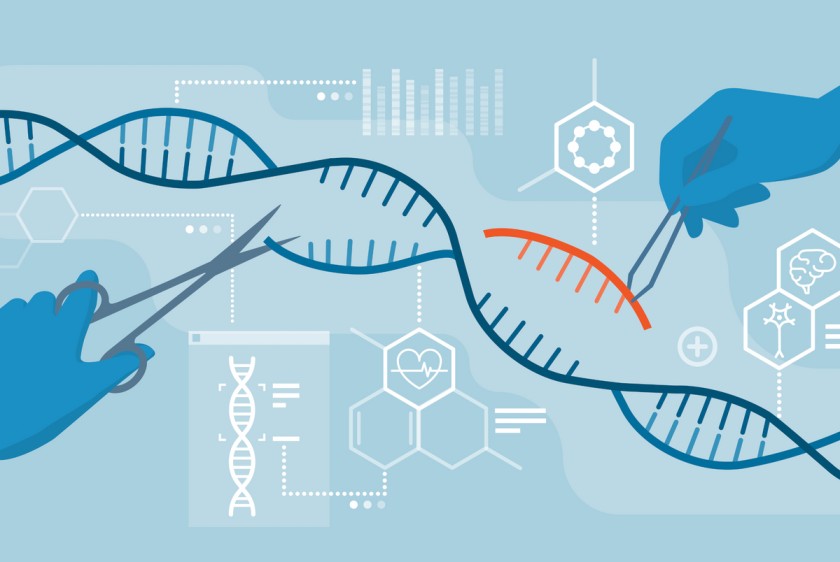Experiencing a depressive episode can feel like navigating through a maze, where every turn seems to lead deeper into darkness. However, it is possible to regain control with the right strategies and gradually find your way out. In this guide, we’ll explore five essential steps to manage and overcome a depressive episode. Depression affects over 264 million people worldwide, according to the World Health Organization, making it one of the most prevalent mental health challenges globally. Understanding how to address the symptoms effectively can be a transformative step towards recovery.
Understanding how to address the symptoms effectively can be a transformative step towards recovery, and seeking guidance from professionals at one of the best depression treatment centers can provide the support needed for long-term well-being.
By employing a variety of techniques and harnessing the power of self-awareness, you can begin to alleviate the overwhelming weight of depression and restore a sense of balance and well-being in your life.
Reach Out for Support
One of the most important steps in managing a depressive episode is seeking support from others. Dr. Sarah Mitchell, a psychologist, emphasizes that “connecting with loved ones or a mental health professional can significantly reduce feelings of isolation and hopelessness. Research shows that social support can improve mood and reduce the severity of depressive symptoms. By talking to someone you trust, you can gain perspective, share your burdens, and feel less alone in your struggle. Support networks provide emotional relief and practical advice, which can be crucial during tough times.
Establish a Routine
Creating and maintaining a daily routine is another effective strategy to combat depression. Depressive episodes often disrupt normal activities, leading to a lack of structure and purpose. Establishing a routine can help reintroduce a sense of normalcy and control. A consistent daily schedule, including regular sleep, meals, and exercise, helps regulate your body’s internal clock, which can positively impact mood. Studies have shown that following a routine can reduce anxiety and depressive symptoms by providing a predictable framework for your day.
Engage in Physical Activity
Physical activity is a proven method to alleviate symptoms of depression. Exercise releases endorphins, which are natural chemicals in the brain that improve mood and energy levels. Regular physical activity, such as walking, cycling, or yoga, can help reduce the severity of a depressive episode by boosting your overall sense of well-being. Research indicates that just 30 minutes of moderate exercise five times a week can significantly reduce symptoms of depression. Incorporating physical activity into your routine not only improves your mood but also enhances your physical health.
Practice Mindfulness and Relaxation Techniques
Mindfulness and relaxation techniques, such as deep breathing exercises, meditation, and progressive muscle relaxation, can be powerful tools in managing depressive episodes. These practices help you stay grounded in the present moment, reducing the tendency to ruminate on negative thoughts. Studies have shown that mindfulness can reduce symptoms of depression by promoting a more balanced emotional state. By incorporating these techniques into your daily life, you can develop a greater awareness of your emotions and better manage stress and anxiety.
Set Small, Achievable Goals
Setting small, achievable goals is a practical way to regain a sense of accomplishment and motivation. During a depressive episode, even simple tasks can feel overwhelming. By breaking down larger tasks into smaller, manageable steps, you can gradually build momentum and increase your confidence. Research supports the idea that setting and achieving small goals can lead to improvements in mood and self-esteem. This approach helps create a positive feedback loop, where each completed task boosts your motivation to tackle the next one, ultimately helping you manage and overcome the depressive episode.
Managing and overcoming a depressive episode requires a combination of practical steps and consistent effort. By reaching out for support, establishing a routine, engaging in physical activity, practicing mindfulness, and setting small, achievable goals, you can gradually lift yourself out of the darkness and regain control over your life. However, it’s important to remember that depression is a serious condition, and if your symptoms persist or worsen, seeking professional help is essential. Mental health professionals can provide the necessary guidance and treatment to ensure your well-being and help you navigate the challenges of depression effectively.








Leave a Reply
You must be logged in to post a comment.